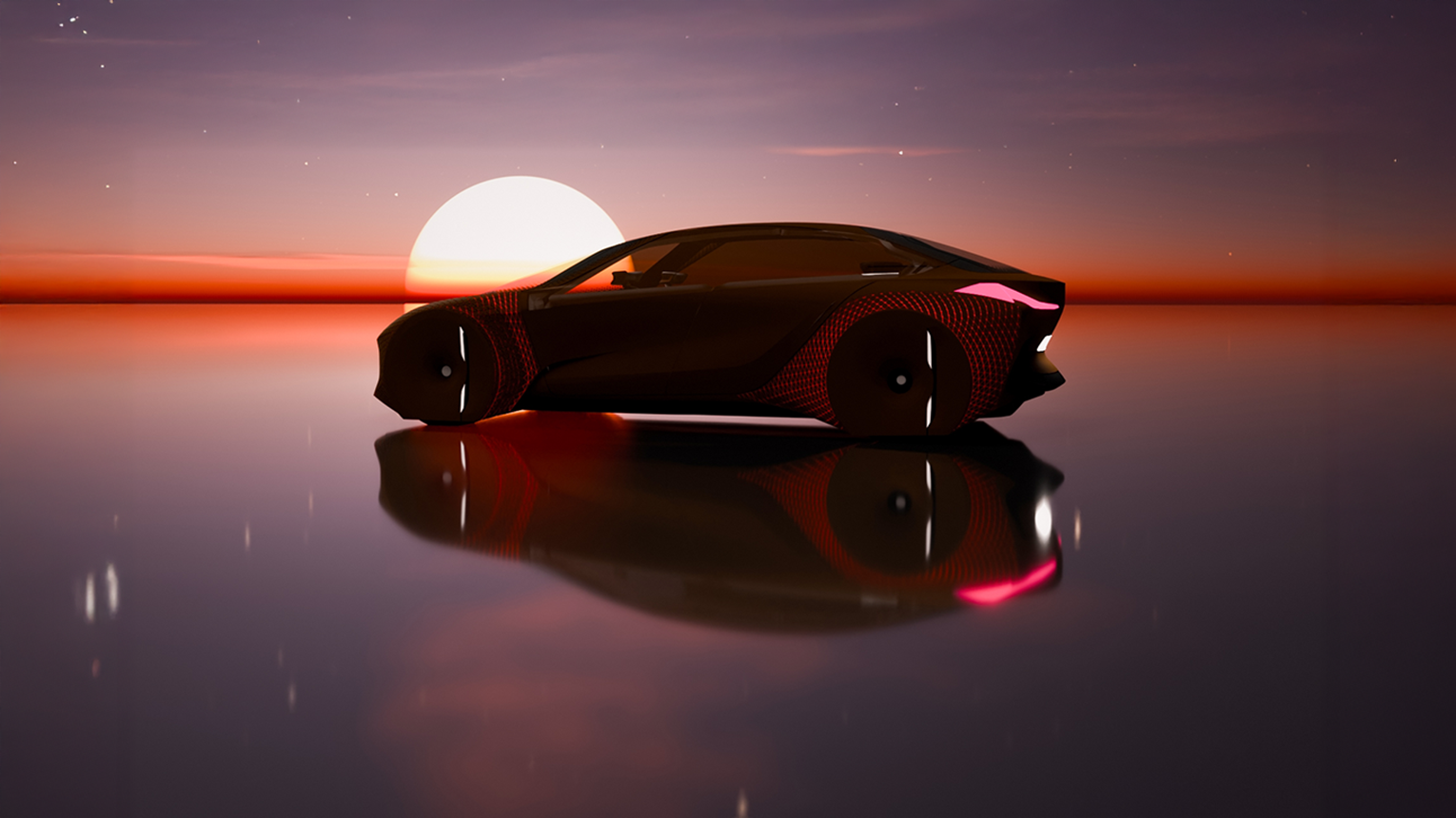close
My Projects

LFLA ALOUD Archives
Designing a tagging system to improve content discoverability and simplify organizational processes
LFLA ALOUD Archives
This project focuses on enhancing the ALOUD Media Archives by introducing an intuitive tagging system that organizes content into clear categories and subcategories. By improving the search and filtering experience, the solution helps users explore the archive with ease while providing the internal team with a scalable organizational framework.

Problem
The LFLA ALOUD Archives lacked an organized structure, making it difficult for users to find specific speakers or topics. The limited filters left users frustrated, and featured content lacked clear context.
Insights
The lack of categorization tools, such as tags and filters, made it difficult for users to efficiently find specific content within the ALOUD Archives. Users rely on clear, intuitive organization to navigate large amounts of information, and without these tools, they faced significant barriers in engaging with the content.






Solution
To address these challenges, we introduced a tagging system to categorize content by themes, speakers, and media types, paired with advanced filtering options. This approach simplifies content discovery, making it easier for users to navigate the archive and find relevant materials based on their interests.

Gozo
A playful, shared mobility experience that transforms autonomous commutes into moments of connection
Gozo
Gozo is a speculative autonomous rideshare concept developed in collaboration with BMW Designworks. Designed to turn passive commutes into playful, meaningful experiences, Gozo reimagines mobility as a space for connection, especially for families and shared riders. At the heart of Gozo is an interactive AR experience called Gozo Trivia, a collaborative game triggered by real-world landmarks during your ride. Riders explore their surroundings in new ways through trivia questions, shared discoveries, and playful moments — transforming cityscapes into opportunities for bonding. Inspired by single-parent households and the need for deeper quality time, the project is grounded in empathy and fueled by innovation. Through features like campfire-style seating, AR-enabled windows, and a post-ride feature called Rewind the Ride, Gozo encourages passengers to reflect, connect, and relive joyful moments. This project was created by Lois Kim, Birgess Weston, Celia Choi, Arthur Jensen, and Michelle Cheng as part of the Santa Monica College IxD collaboration with BMW Designworks.

Problem
In an era of hyper-productivity and digital distraction, genuine connection—especially within families—is becoming increasingly rare. Our team set out to explore a simple but profound question: What if the time we already spend commuting could become an opportunity to reconnect? We focused on single-parent families, where time together is especially limited and often fragmented. Through interviews, secondary research, and empathy mapping, we uncovered a widespread desire for more shared experiences—but also a lack of tools that supported this in everyday routines like transportation. Existing AV rideshare solutions emphasized efficiency, safety, and entertainment, but very few prioritized emotional connection. Our challenge was to design an experience that transforms a passive commute into an interactive, emotionally meaningful journey—without creating added screen fatigue or complexity. Balancing emerging technologies like AR and geolocation with a human-centered approach, we developed Gozo—a system that uses playful interaction to help people feel closer, not just distracted. Our biggest success was reframing a common task into an invitation for presence, reflection, and shared joy.
Insights
Our design process for Gozo began with a simple goal: turn everyday autonomous commutes into shared moments of joy. To do this, we rooted our work in empathy, systems thinking, and an iterative design approach. We started with secondary research, focusing on the experiences of single-parent families. Many expressed a desire for more meaningful time together, yet struggled to find it. One key insight was that quality time isn't just about duration—it's about intentional presence, even during routine activities like travel. This research inspired the creation of personas like Mia and Farah, a mother and daughter navigating the pressures of work, school, and connection. These personas guided our journey mapping, where we identified emotional highs and lows throughout a shared ride—and saw real potential in moments near familiar landmarks. We also conducted fieldwork inside autonomous vehicles to better understand the user context. Without a driver, we observed that passengers’ attention could be freed from the road. This shift unlocked a new opportunity: the car windows themselves could become collaborative, screen-like surfaces—sparking our core interaction concept. To bring this to life, we developed storyboards, wireframes, and multiple low- and mid-fidelity prototypes of Gozo Trivia, our AR game experience. We tested and refined these ideas through numerous rounds of usability testing, focusing on pacing, accessibility, and shared engagement. One of our most important learnings was that delight doesn’t have to come from complexity—sometimes, it’s a simple interaction at just the right moment that brings people together.






Solution
Gozo is a speculative autonomous rideshare experience designed to transform passive travel time into meaningful connection. Our final solution centered around a shared, interactive AR experience called Gozo Trivia—a collaborative game that brings passengers together through play, conversation, and discovery. Rather than relying on traditional screen-based interfaces, we reimagined the vehicle windows as interactive AR displays, enabling riders to engage with real-world landmarks during their commute. As the car passes specific points of interest, trivia questions—tailored to the local context—are triggered, sparking discussion and teamwork between passengers. The vehicle’s campfire-style seating arrangement and phone-free environment help foster presence and face-to-face interaction. A center console lets users customize game preferences, explore their journey in real time, and stow away their phone for a distraction-free space. Post-ride, the Rewind the Ride feature allows users to revisit memories with saved photos and trivia highlights. Ultimately, Gozo isn’t just a transportation service—it’s a joyful, emotionally intelligent system designed to turn commuting into an experience worth remembering. It reframes everyday mobility as an opportunity for play and connection.



